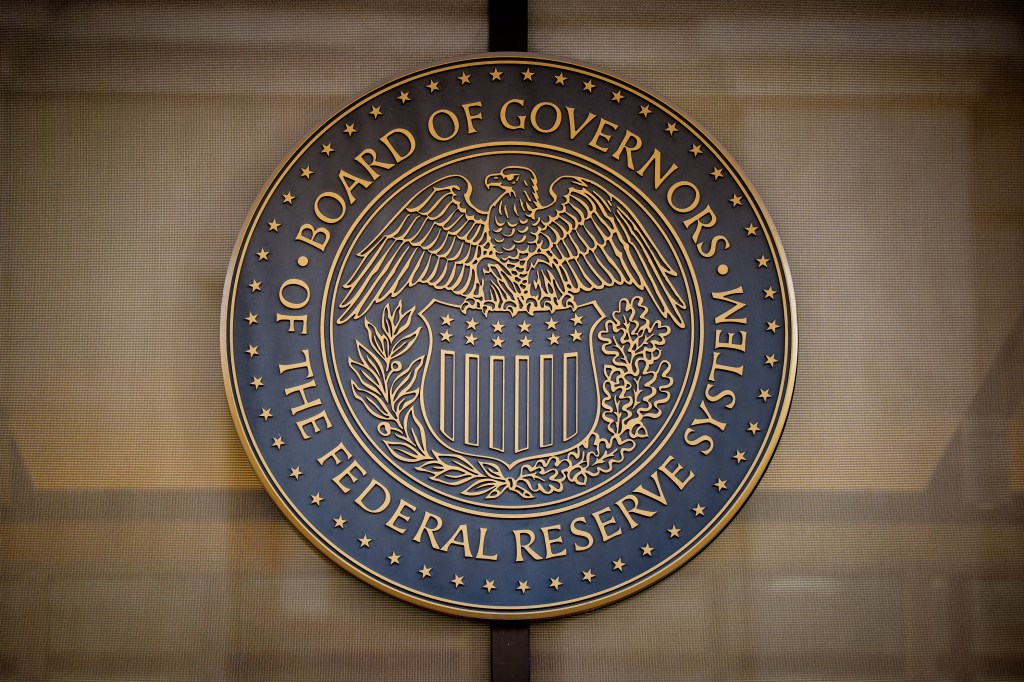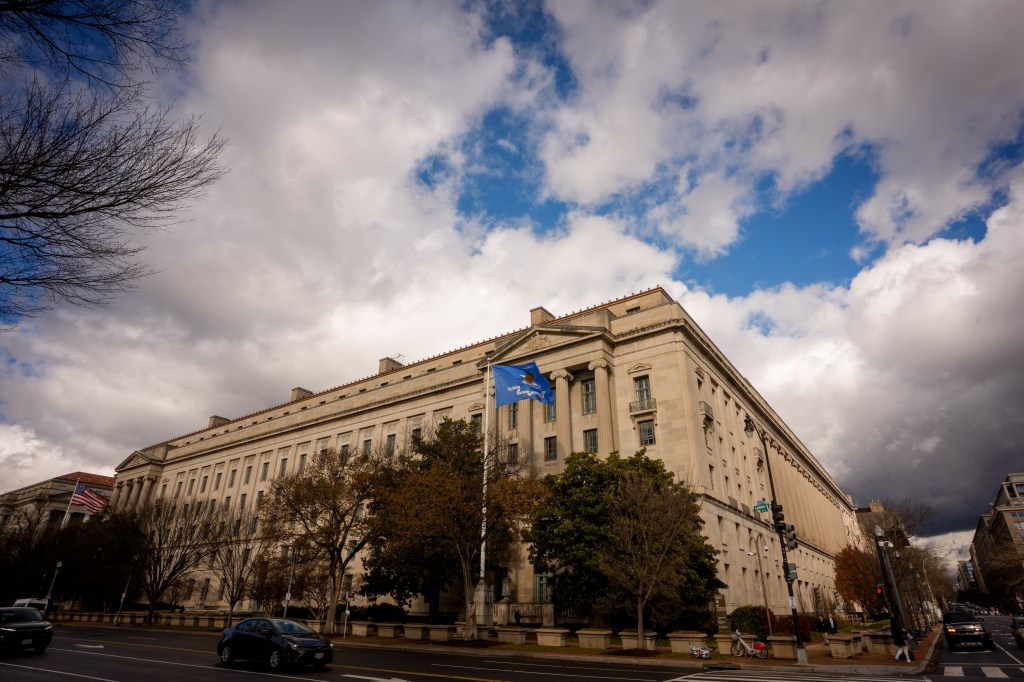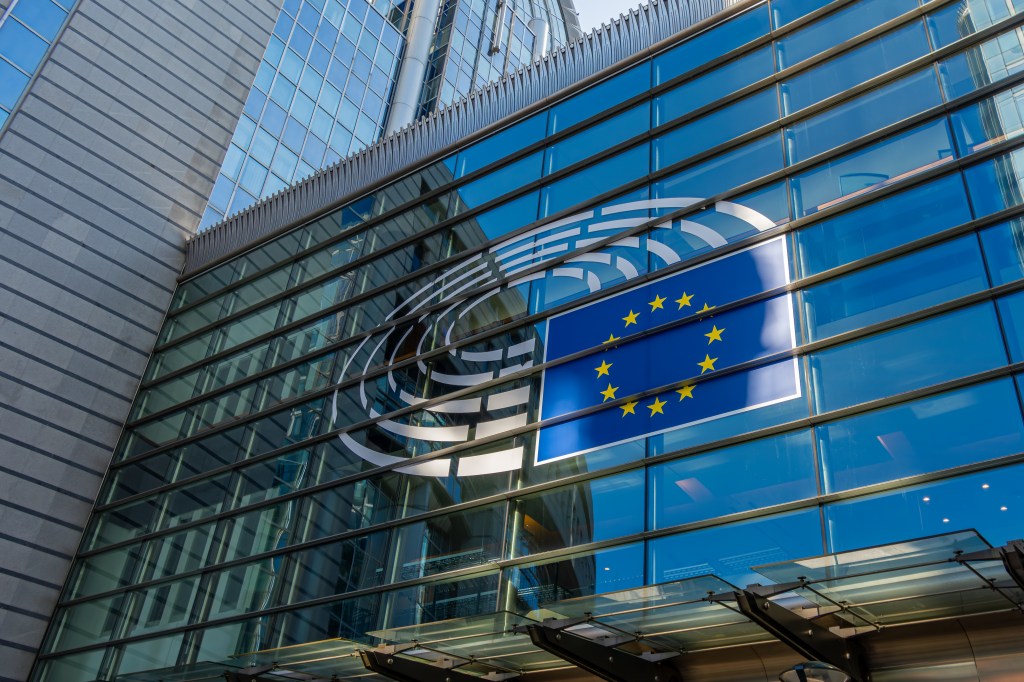Before 2009, if you wanted to send somebody a message on your phone, you sent a text. You may have messaged them, or possibly sent an SMS. You did it using a variety of services, and what you called it depended to some extent on the service you used. Today,
The
Register for free to keep reading
To continue reading this article and unlock full access to GRIP, register now. You’ll enjoy free access to all content until our subscription service launches in early 2026.
- Unlimited access to industry insights
- Stay on top of key rules and regulatory changes with our Rules Navigator
- Ad-free experience with no distractions
- Regular podcasts from trusted external experts
- Fresh compliance and regulatory content every day

















